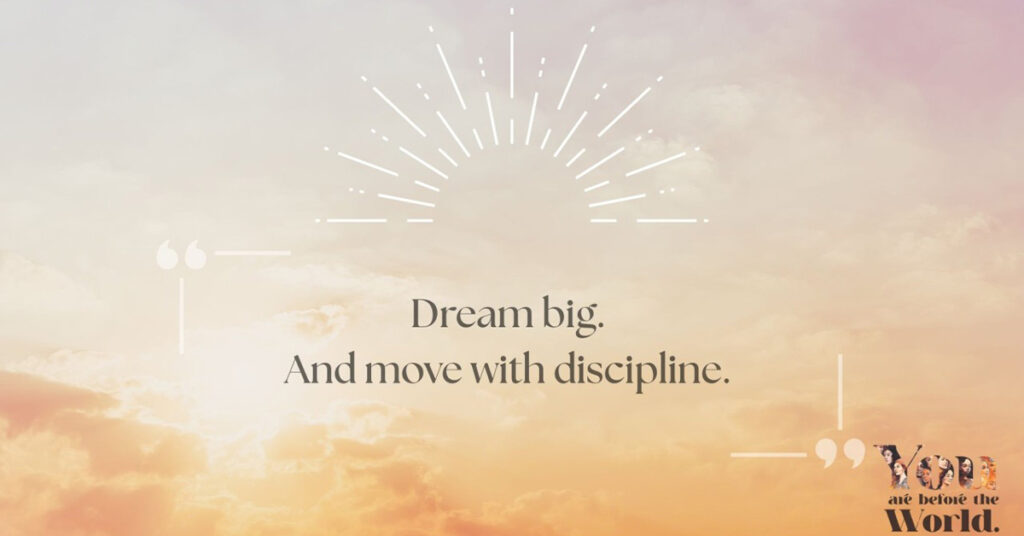Once, in a meeting scheduled to kick off the work year, I promised my team “no new babies,” meaning we’d stop investing in new solutions when we hadn’t yet raised the ones we’d launched. As a process pioneer, I like generating ideas, and exercising the discipline required to sustain a thing doesn’t come as naturally to me as creating it. For me, creativity is life, and harnessing the skills and talents of others to create something that feels novel and necessary makes work fun.
When I first started my company about a decade ago, I brainstormed a long list of ideas for how our value proposition could come to life, including services, products, events, certifications, and an online learning management system. There were timelines and capability maps and contingencies. It was all very legit.
Several years later, I realized I was running down the list like something was chasing me. This was problematic for many reasons. We weren’t improving what we’d already created. The return on investment was low, because I’d shift our attention before we could extract the value. And I was unable to fine-tune my team composition in ways that made us better at getting the most important work done faster. New ideas meant new skill sets, new processes, new expenses. It was exciting, but woefully inefficient. Most days felt like starting over.
The bottom line? I lacked discipline, and if the connection between leader and employee is like any other relationship—which I believe it is—I imagine my team felt frustrated. Unsure about what to prioritize. Insecure. They believed in me, but I’m sure it was hard to follow me at times. It may still be!
Thankfully, I’ve gotten clearer about what discipline means for me professionally, but the idea of discipline in relationships came up in a conversation with John last week. I told him about a video I watched that declared discipline, not strength, as the most important quality in a husband. The speaker claimed that strength in the ways we’ve been conditioned to think about it (bravery, brawn, presence) is no match for discipline—the ability to project actions into outcomes…to pause before feelings unconsciously become behaviors…to always communicate with intention.
My husband used the word consistency to describe this phenomenon. In this context, I see these words similarly, in that they both translate to a reliability that anchors us emotionally—a calming, even if concentrated, energy that keeps us focused on what matters so we can do what counts.
Whether we’re talking about work life or personal life or both, the bridge between reality and your ideal state is not “belief” as social media suggests. Belief helps us take the first step, and maybe the few after that. But when the wind blows? When the path gets muddy? When temptation to step off or over shows up? It is discipline—that unsexy but life-changing skill—that will get you to your own promised land and positively transform that which you value most.
Dream big. And move with discipline.
Tara Jaye Frank
